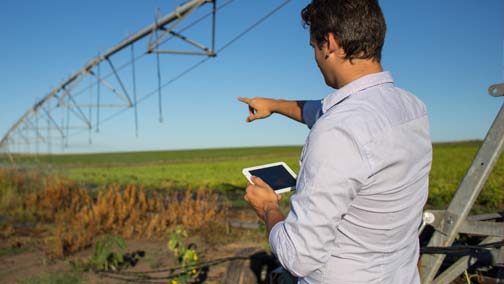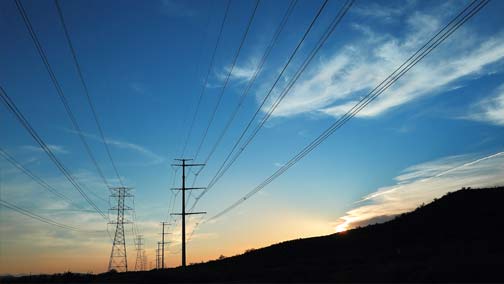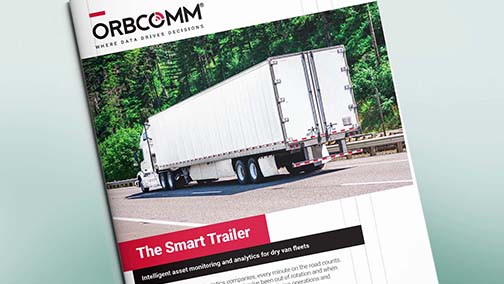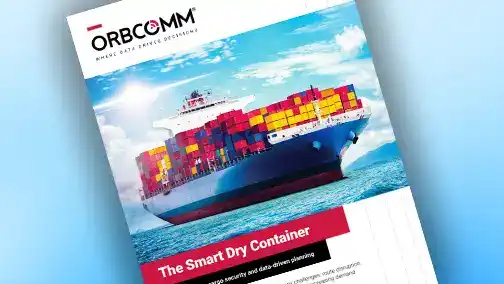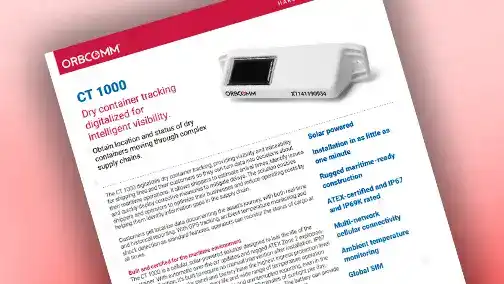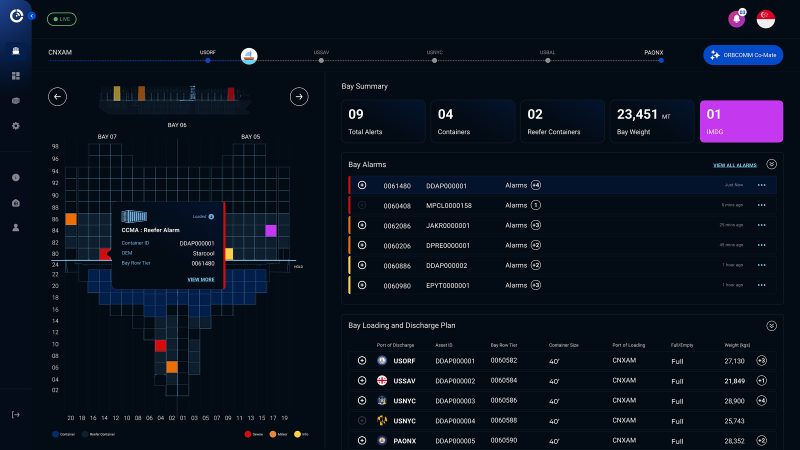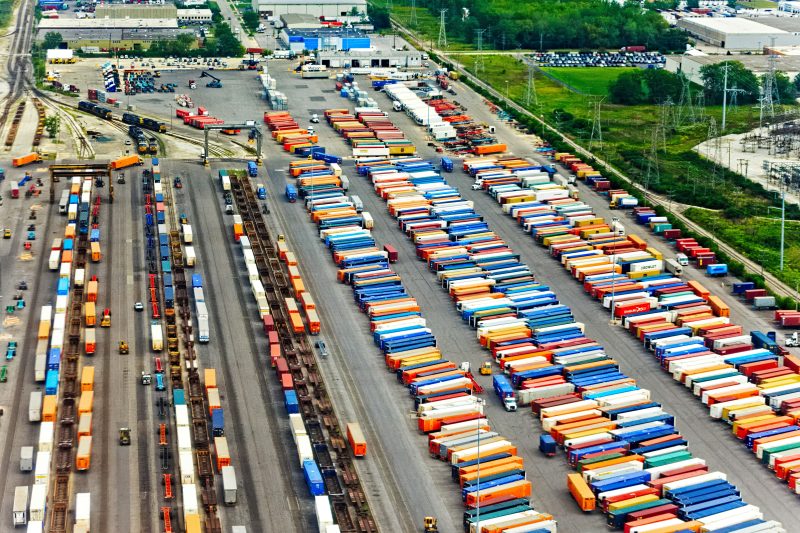
Smart agriculture is the future. Here’s why.
- Blog
- Value-Added Resellers
- Smart agriculture is the future. Here’s why.
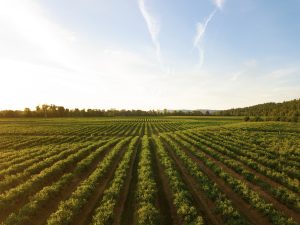
IoT is lightening the load for one of the world’s oldest–and most labor-intensive–professions: farming. The smart agriculture market is expected to double by 2030, driven by an influx of tech-savvy farmers that are optimizing traditional agriculture methods with new ideas and powerful technology.
What is smart agriculture?
Smart agriculture–also known as smart farming–involves using technology like IoT to improve the efficiency of a farming operation, like increasing the quantity and quality of crops while reducing the resources required to grow them. Depending on the farm, smart agriculture can improve crop yield, enhance crop storage, prevent crop loss, optimize irrigation, boost safety for farm workers and more.
While multiple technologies can be at play in a smart farming operation, IoT is typically the main driver. Connected devices and sensors are installed throughout the farm to monitor rainfall, evaporation, soil moisture, temperature and more. Using cellular or satellite connectivity, farmers can ensure smooth data transmission from these IoT devices and sensors to their cloud-based platform of choice. This enables farmers to remotely manage their operation and monitor key parameters. When issues arise, farmers can be swiftly notified and act as required, helping to ensure an optimal harvest.
Why is smart agriculture needed?
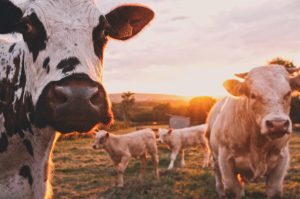
While the global population growth rate has decreased over the past years, it’s still climbing. This, combined with the negative impact climate change has had on crop yield, means that farmers need to produce more food. Technology is helping farmers produce more with less, enabling them to take greater control over crop and livestock management than ever before. By precisely monitoring each specific element of a crop or animal, farmers can experiment with different methods to determine which brings the optimal yield.
Having a data-driven understanding of the optimal resources needed to maximize yield can help reduce unnecessary waste while also informing procurement of crop-related resources like pesticides. It can also reduce labor costs, as farmers can rely on remote data sensors rather than first-hand inspections.
How ORBCOMM technology can help
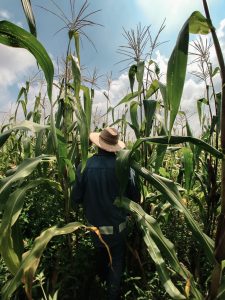
Our global network of over 400 value-added resellers and system integrators use pioneering ORBCOMM technology to develop IoT solutions in agriculture, natural resources, mining, utilities and more. Through our reseller partners, we provide farmers with everything they need to reap the benefits of a smart agriculture operation: global satellite-cellular connectivity, powerful hardware and intuitive software.
Want to learn more about smart agriculture solutions driven by ORBCOMM technology? Watch our free on-demand webinar “Harvesting Opportunity in the Smart Agriculture Revolution”, where we discuss some of the opportunities in the smart agriculture space today, the impact IoT is having on farming, how our value-added reseller Zeus Agrotech uses ORBCOMM technology to build smart agriculture solutions and more.

Colin Withers is a Product Marketing Manager at ORBCOMM covering Value Added Resellers, Heavy Equipment, and Government. He has extensive experience in marketing, product management and strategy in the IoT, telecommunications and technology industries.




